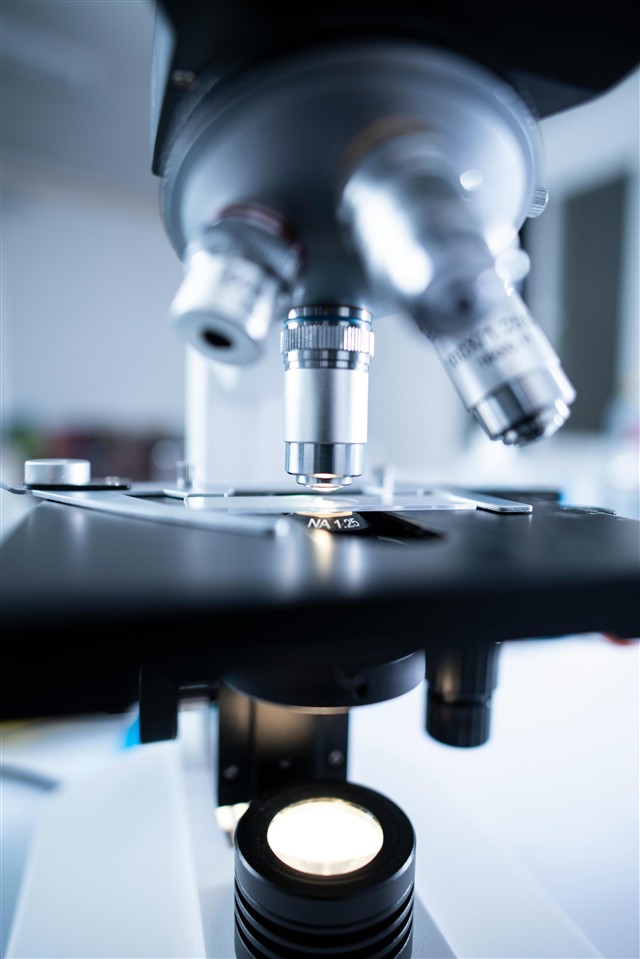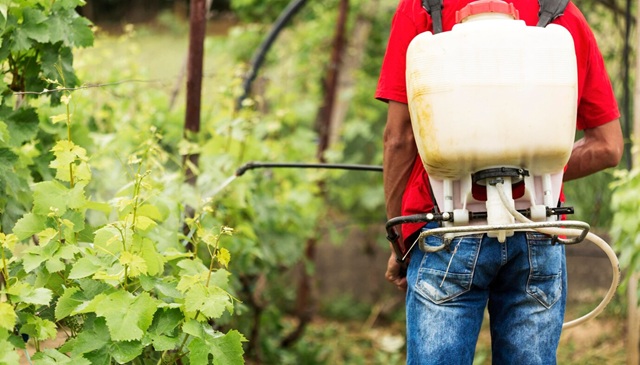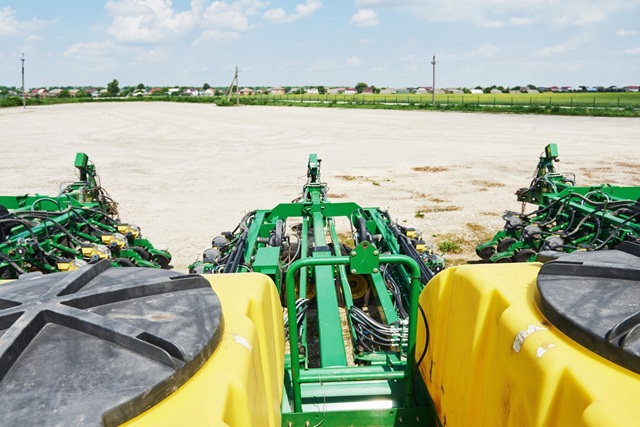
Application of Biotechnology In Industry
Biotechnology isn't just about lab coats and test tubes—it's a multi-billion dollar industry revolution that's quietly transforming how we live, work, and interact with our environment. From the food on your plate to the fuel in your car, biotechnology applications are everywhere. Here are 15 fascinating facts that showcase how this cutting-edge field is reshaping modern industry.
???? Pharmaceutical Breakthroughs Beyond Imagination
1. Personalized Medicine is Here - Biotechnology has made it possible to create drugs tailored to individual genetic profiles. Companies like 23andMe and Illumina are processing millions of DNA samples annually, enabling treatments that work specifically for your genetic makeup. This approach has increased drug effectiveness by up to 70% in some cases.
2. Lab-Grown Organs Could End Transplant Lists - Through tissue engineering, scientists have successfully grown bladders, windpipes, and even heart patches in laboratories. The global tissue engineering market is projected to reach $29.3 billion by 2026, potentially saving thousands of lives annually.
???? Agriculture: Feeding the Future
3. Super Crops That Defy Nature - Biotech has created crops that can survive droughts, resist pests without pesticides, and even produce their own fertilizer. Golden rice, enriched with Vitamin A through genetic modification, could prevent blindness in 250,000 children annually.
4. CRISPR Crops Are Revolutionizing Farming - This gene-editing tool has created tomatoes that stay fresh for months, wheat resistant to devastating diseases, and soybeans that produce healthier oils. The CRISPR agricultural market is expected to reach $3.2 billion by 2025.
???? Industrial Powerhouses
5. Biofuels That Run Our World - Biotechnology produces ethanol from corn and sugarcane, biodiesel from algae, and even jet fuel from bacteria. Brazil already runs 40% of its vehicle fleet on bioethanol, reducing carbon emissions by millions of tons annually.
6. Plastic Made by Microbes - Companies like Novozymes create biodegradable plastics using engineered bacteria. These bio-based plastics can decompose in 90 days compared to 1,000 years for traditional plastic.
???? Amazing Manufacturing Processes
7. Spider Silk in Your Clothing - Bolt Threads has genetically engineered yeast to produce spider silk proteins, creating sustainable fabrics that are stronger than steel. This bio-fabrication market could reach $2.4 billion by 2025.
8. Enzymes That Save Energy - Industrial enzymes from biotech companies process everything from denim to detergents, reducing water usage by 50% and energy consumption by 30% in manufacturing processes.
???? Healthcare Innovations
9. Designer Vaccines in Weeks, Not Years - Modern biotechnology platforms like mRNA technology (used in COVID-19 vaccines) can create new vaccines in just 54 days—compared to 10+ years using traditional methods.
10. Cancer-Fighting Bacteria - Synthetic biology has created bacteria that can seek out and destroy cancer cells while leaving healthy tissue unharmed. Early trials show 95% effectiveness in targeting liver tumors.
???? Environmental Champions
11. Oil Spill-Eating Superbugs - Biotechnology has created engineered microorganisms that can consume oil spills. After the Deepwater Horizon disaster, these microbes consumed 200,000 tons of oil naturally.
12. Carbon Capture by Algae - Certain algae can capture CO2 emissions from power plants and convert them into useful products like biofuels and construction materials, potentially revolutionizing carbon capture technology.
???? Cutting-Edge Frontiers
13. Biocomputers Made of DNA - Researchers are developing DNA-based data storage systems that could store all the world's information in a test tube. One gram of DNA can hold 215 petabytes of data.
14. Living Concrete That Heals Itself - Biotechnology has created concrete infused with bacteria that can repair cracks automatically, potentially extending building lifespans by decades while reducing construction waste.
15. Meat Without the Animal - Cellular agriculture produces real meat from animal cells without raising livestock. Companies like Memphis Meats and Beyond Meat are projected to capture 10% of the global meat market by 2030, reducing greenhouse gas emissions by 96%.
The Economic Impact
The global biotechnology market is exploding, valued at $895.2 billion in 2022 and projected to exceed $2.4 trillion by 2030. This growth represents not just economic opportunity, but a fundamental shift in how humanity solves its greatest challenges.
Looking Ahead
Biotechnology applications continue expanding into sectors previously unimaginable—from space exploration to fashion, from construction to computing. As these technologies mature, they promise to make industries more sustainable, efficient, and capable of addressing global challenges like climate change, food security, and human health.
The future isn't just digital—it's biological. And that future is happening right now, in laboratories and factories around the world, quietly transforming our everyday lives in ways we're only beginning to understand.
















Post Comment